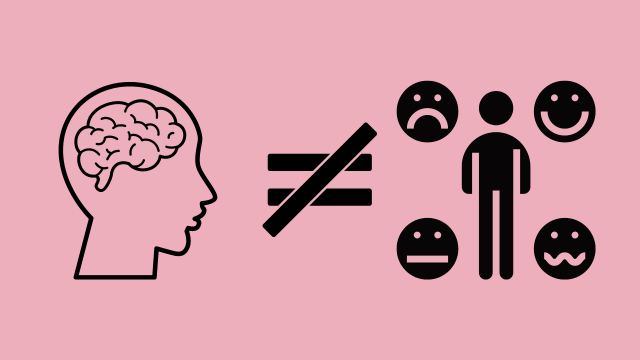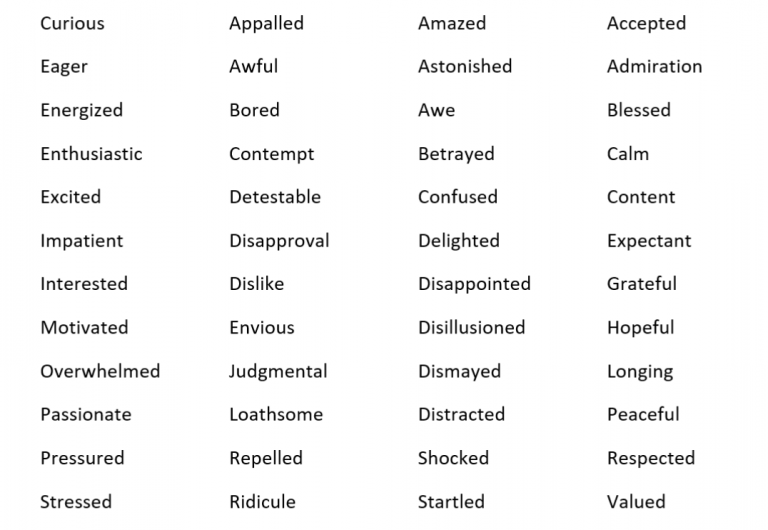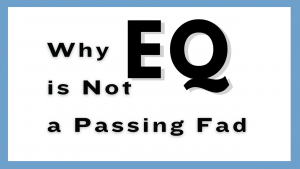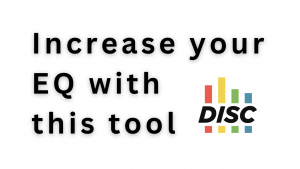The discovery that understanding and managing emotions is its own kind of intelligence is a genuine breakthrough of the last three decades. There are still debates worth having about how emotional intelligence works, but the insight behind it is here to stay.
Two flawed assumptions often repeated by proponents of emotional intelligence do more harm than good however. Let’s briefly introduce them and then suggest some alternatives.
I Can Read Any Face
The first error is that emotional expressions are hardwired and universal. Therefore, we can learn to read other people’s emotional reactions accurately, whether their facial expressions or body language.
The fact is that emotional expressions are highly contextual. Wide eyes can express fear, surprise or joy. The only thing those three emotions share is the intensity of feeling. Slumped shoulders could mean depression, relaxation or a physical impairment, but which one? We need more information and context.
Emotional expressions can be widely shared, but we’re often guessing and predicting, not accurately reading the emotions of others.

Thinking is Superior to Feeling
A second assumption that has wide acceptance is that our thoughts and feelings are battling each other. The way to win the battle is to use rational thought to manage our emotions.
The truth is that sometimes our emotions do get the better of us. We need to keep them in check at times. We often ignore the opposite truth, though. Sometimes our thinking overrides our emotions, especially when we need to be more empathetic or self-aware or willing to take risks.
If we see thinking and feeling as constantly at battle and thinking needs to prevail, we’ll miss the valuable role that emotion plays and also overlook the times that rational thought needs the balance of grounded feeling.
Name Your Emotions
These two flawed assumptions (emotional expressions are universal and thinking is superior to feeling) need us to challenge them. One solid practice to build emotional intelligence that is backed by neuroscience is naming your emotions.

When we distinguish between our emotions or get more specific about a feeling, we actually gain the ability to regulate or manage it better. Research shows that learning to use a wider emotional vocabulary with greater fluency helps us to manage our feelings. That’s pretty smart, right?
Are You Sure about That?
One of the really valuable contributions of emotional intelligence is challenging our assumptions about how human brains and emotions work. We operate on predictions much more than we realize. Our brains take in a huge amount of information from different sources, most of which we are not conscious of, and prepare us for instantaneous response.
Research in neuroscience and emotional intelligence shows us that we have choices in our response. We can operate on automatic or we can challenge our assumptions. We can go with what our brain is predicting or we can construct other ways to interpret and respond to a situation. People with greater emotional intelligence can deal better with nuance and challenge what seems certain or piece together what confuses us.
“…we have choices in our response”
The point of gaining emotional intelligence is to give us more options, including understanding and managing our emotions, not fighting or suppressing them. It also makes us smarter about using rational thought at the right time and in the right ways and not misusing or overusing it. That seems to be an intelligent use of the full range of our abilities.
Want to try our emotional intelligence assessment? Get in touch with us and we’ll be happy to set that up!




